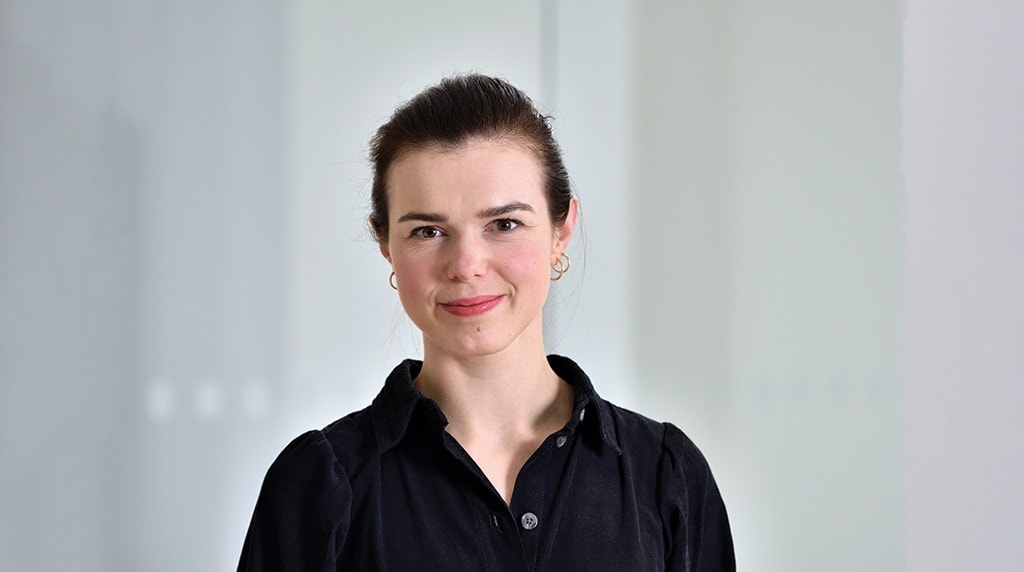
The UK’s annual medical research funding pot has grown to £5bn, giving it transformative power, but how it spends that money has just been tempered by a revolutionary equality and diversity commitment.
Major funders, who operate across a dynamic sector, are now pledging to ensure that sex and gender is integrated into their research programmes.
Remarkably, UK research funders – representing more than 150 charities and organisations – had no policy in place until the MESSAGE (Medical Science Sex And Gender Equality) project – a joint initiative between The George Institute for Global Health and Imperial College, London – highlighted the failing and starting working on a programme for change.
Until now, the UK has been an outlier, as the European Commission – through the Horizon programme – insists that proposals must include intersectional sex and gender analysis as a default, and the US National Institutes of Health has had stipulations in place since the 1990s.
“This support for change is long overdue but very welcome, as women have been disadvantaged for decades,” says Dr Kate Womersley, Research Fellow at The George Institute for Global Health and Imperial College, London and the project’s principal investigator.
The MESSAGE project, funded by the Wellcome Trust, has worked with research funders, regulators, researchers, patient and public groups, academic publishers and the UK government to co-design a sex and gender policy framework that will recalibrate a sizeable portion of the UK medical research sector.
“Research has mainly been done on male cells, male animals and male participants. More than five times the number of male cells and animals than female cells and animals are used in preclinical research in animals and more than 70% of participants in early stage clinical trials are white men,” adds Dr Womersley. “That means we know less about women, about their health, how they experience disease and treatments, what doses will be effective and what side effects they will experience.”
Read the article in full here.




